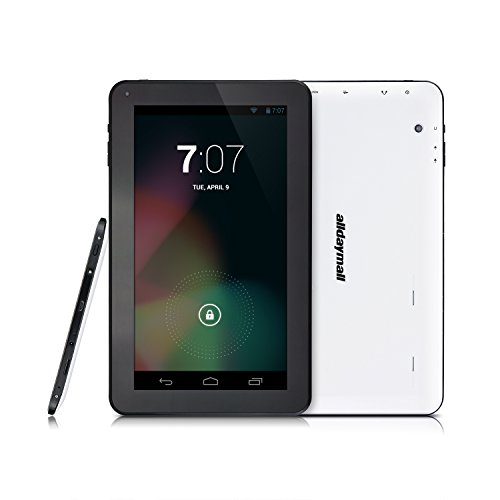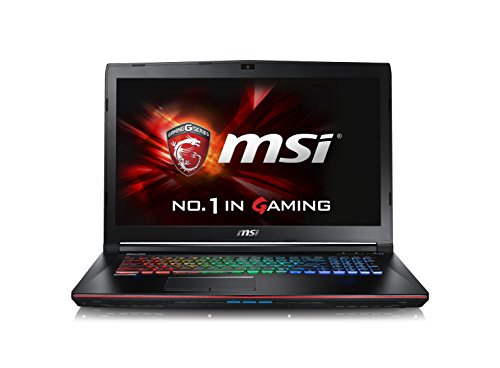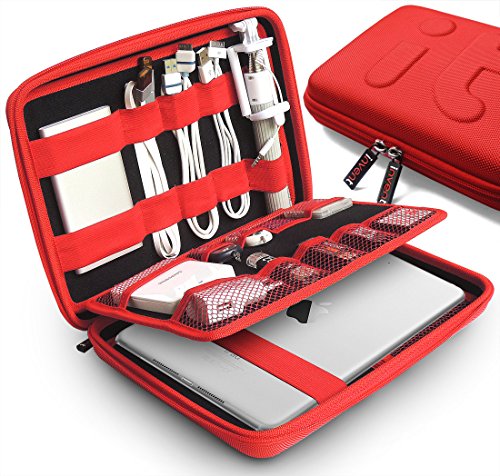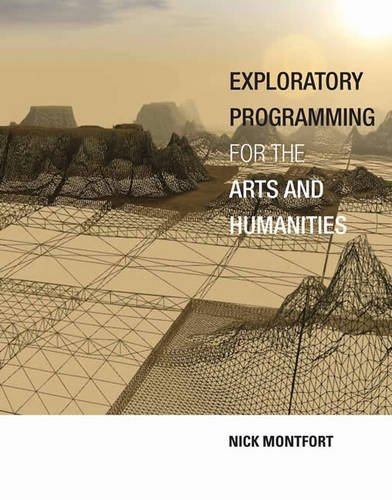Exploratory Programming for the Arts and Humanities (MIT Press)
This book introduces programming to readers with a background in the arts and humanities; there are no prerequisites, and no knowledge of computation is assumed. In it, Nick Montfort reveals programming to be not merely a technical exercise within given constraints but a tool for sketching, brainstorming, and inquiring about important topics. He emphasizes programming’s
This book introduces programming to readers with a background in the arts and humanities; there are no prerequisites, and no knowledge of computation is assumed. In it, Nick Montfort reveals programming to be not merely a technical exercise within given constraints but a tool for sketching, brainstorming, and inquiring about important topics. He emphasizes programming’s exploratory potential — its facility to create new kinds of artworks and to probe data for new ideas.
The book is designed to be read alongside the computer, allowing readers to program while making their way through the chapters. It offers practical exercises in writing and modifying code, beginning on a small scale and increasing in substance. In some cases, a specification is given for a program, but the core activities are a series of “free projects,” intentionally underspecified exercises that leave room for readers to determine their own direction and write different sorts of programs. Throughout the book, Montfort also considers how computation and programming are culturally situated — how programming relates to the methods and questions of the arts and humanities. The book uses Python and Processing, both of which are free software, as the primary programming languages.







Comments